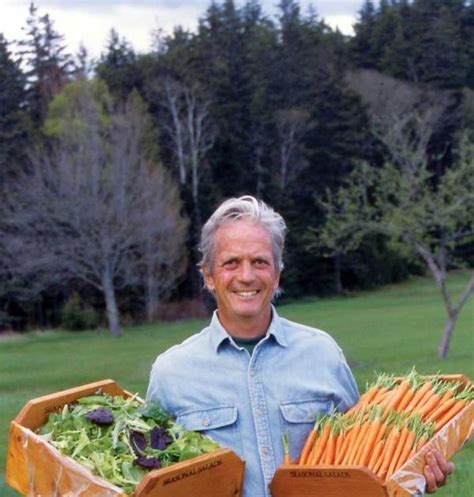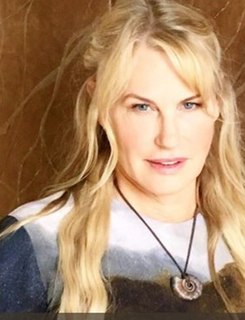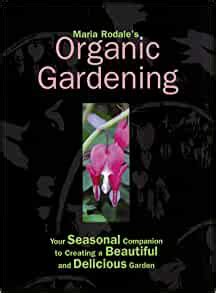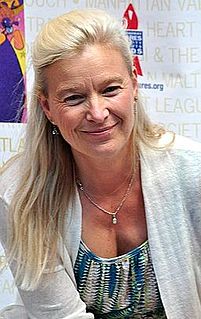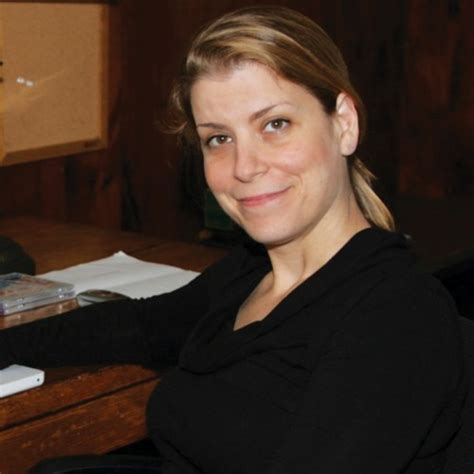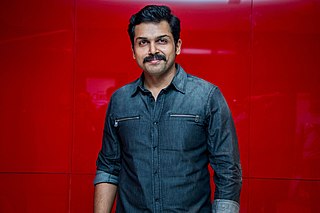A Quote by David Suzuki
Many organic practices simply make sense, regardless of what overall agricultural system is used. Far from being a quaint throwback to an earlier time, organic agriculture is proving to be a serious contender in modern farming and a more environmentally sustainable system over the long term.
Related Quotes
Organic is something we can all partake of and benefit from. When we demand organic, we are demanding poison-free food. We are demanding clean air. We are demanding pure, fresh water. We are demanding soil that is free to do its job and seeds that are free of toxins. We are demanding that our children be protected from harm. We all need to bite the bullet and do what needs to be done—buy organic whenever we can, insist on organic, fight for organic and work to make it the norm. We must make organic the conventional choice and not the exception available only to the rich and educated.
There's a lot of research that suggests that organic yields are close or superior to conventional yields depending on factors like climate. In a drought year an organic field of corn will yield more - considerably more - than a conventional field; organic fields hold moisture better so they don't need as much water. It simply isn't true that organic yields are lower than conventional yields.



